| |||||||||||||||||||||||||
Constituency of Peckham | |||||||||||||||||||||||||
|---|---|---|---|---|---|---|---|---|---|---|---|---|---|---|---|---|---|---|---|---|---|---|---|---|---|
| |||||||||||||||||||||||||
| |||||||||||||||||||||||||
The Peckham by-election of 28 October 1982 was held after the death of Labour Member of Parliament (MP) Harry Lamborn on 21 August 1982. The seat was retained for Labour by Harriet Harman.
| |||||||||||||||||||||||||
Constituency of Peckham | |||||||||||||||||||||||||
|---|---|---|---|---|---|---|---|---|---|---|---|---|---|---|---|---|---|---|---|---|---|---|---|---|---|
| |||||||||||||||||||||||||
| |||||||||||||||||||||||||
The Peckham by-election of 28 October 1982 was held after the death of Labour Member of Parliament (MP) Harry Lamborn on 21 August 1982. The seat was retained for Labour by Harriet Harman.
| Party | Candidate | Votes | % | ±% | |
|---|---|---|---|---|---|
| Labour | Harriet Harman | 11,349 | 50.34 | -9.51 | |
| SDP | Dick Taverne | 7,418 | 32.91 | +25.25 | |
| Conservative | John Redwood | 2,800 | 12.42 | -15.65 | |
| National Front | Martin Webster | 874 | 3.88 | -0.54 | |
| Democratic Monarchist, Public Safety, White Resident | Bill Boaks | 102 | 0.45 | New | |
| Majority | 3,931 | 17.44 | -14.33 | ||
| Turnout | 22,543 | ||||
| Labour hold | Swing | -17.38 | |||
Note: The change in the Social Democrat vote is calculated against the votes won by the Liberal Party at the 1979 general election, as the two parties had formed the SDP-Liberal Alliance.
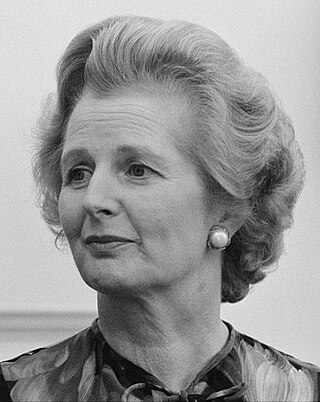
The 1979 United Kingdom general election was held on Thursday 3 May 1979 to elect 635 members to the House of Commons.

The 1983 United Kingdom general election was held on Thursday 9 June 1983. It gave the Conservative Party under the leadership of Margaret Thatcher the most decisive election victory since that of the Labour Party in 1945, with a majority of 144 seats and the first of two consecutive landslide victories.
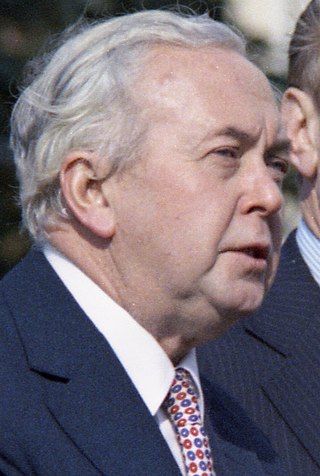
The October 1974 United Kingdom general election took place on Thursday 10 October 1974 to elect 635 members of the British House of Commons. It was the second general election held that year, the first year that two general elections were held in the same year since 1910, and the first time that two general elections were held less than a year apart from each other since the 1923 and 1924 elections, which took place 10 months apart. The election resulted in the Labour Party led by Prime Minister Harold Wilson winning a bare majority of just 3 seats. This enabled the remainder of the Labour government, 1974–1979 to take place, which saw a gradual loss of its majority.

The 1951 United Kingdom general election was held twenty months after the 1950 general election, which the Labour Party had won with a slim majority of just five seats. The Labour government called a snap election for Thursday 25 October 1951 in the hope of increasing its parliamentary majority. However, despite winning the popular vote and achieving both the highest-ever total vote and highest percentage vote share, Labour won fewer seats than the Conservative Party. This was mainly due to the collapse of the Liberal vote, which enabled the Conservatives to win seats by default. The election marked the return of Winston Churchill as Prime Minister, and the beginning of Labour's thirteen-year spell in opposition. This was the third and final general election to be held during the reign of King George VI, as he died the following year on 6 February and was succeeded by his daughter, Elizabeth II. It was the last election in which the Conservatives did better in Scotland than in England.

The 1929 United Kingdom general election was held on Thursday, 30 May 1929 and resulted in a hung parliament. Ramsay MacDonald's Labour Party won the most seats in the House of Commons for the first time. The Liberal Party led again by former Prime Minister David Lloyd George regained some ground lost in the 1924 general election and held the balance of power. Parliament was dissolved on 10 May.
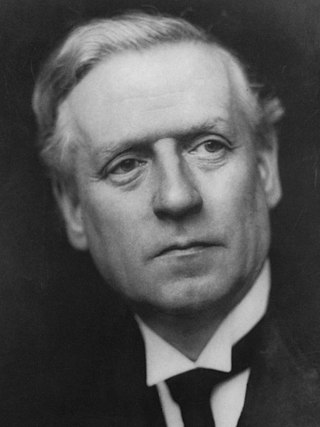
The December 1910 United Kingdom general election was held from 3 to 19 December. It was the last general election to be held over several days and the last to be held before the First World War.

The January 1910 United Kingdom general election was held from 15 January to 10 February 1910. The government called the election in the midst of a constitutional crisis caused by the rejection of the People's Budget by the Conservative-dominated House of Lords, in order to get a mandate to pass the budget.
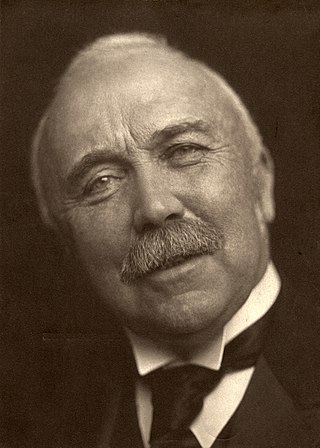
The 1906 United Kingdom general election was held from 12 January to 8 February 1906.

The 1900 United Kingdom general election was held between 26 September and 24 October 1900, following the dissolution of Parliament on 25 September. Also referred to as the Khaki Election, it was held at a time when it was widely believed that the Second Boer War had effectively been won.

The 1994 European Parliament election was the fourth European election to be held in the United Kingdom. It was held on Thursday 9 June, though, as usual, the ballots were not counted until the evening of Sunday 12 June. The electoral system was, for the final European election, first past the post in England, Scotland and Wales and single transferable vote in Northern Ireland. This was the first election with 87 MEPs, the European Parliamentary Elections Act 1993 having increased the number of seats for the UK from 81. For the first time, the UK did not have the lowest turnout in Europe. Turnout was lower in the Netherlands and Portugal.
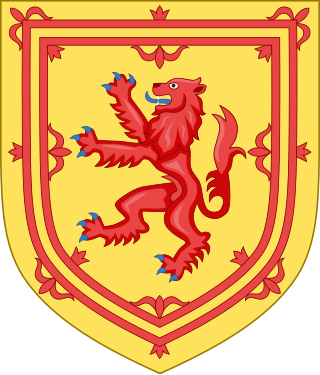
The 1980 Glasgow Central by-election was a by-election held on 26 June 1980 for the British House of Commons constituency of Glasgow Central, following the death of its sitting MP, Thomas McMillan.
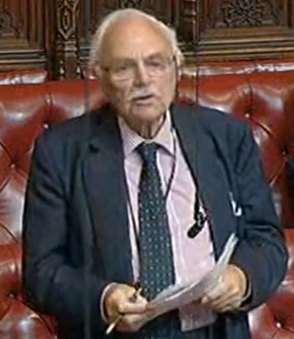
Michael Norman Shaw, Baron Shaw of Northstead was a National Liberal and British Conservative Party politician who served as a Member of Parliament (MP) from 1960 to 1964 and from 1966 to 1992 for the Conservatives.

The 1982 Beaconsfield by-election was a parliamentary by-election held on 27 May 1982 for the British House of Commons constituency of Beaconsfield in Buckinghamshire.
The Mitcham and Morden by-election was held on 3 June 1982. It was a rare example of a governing party gaining a seat in a by-election.

A Glasgow Hillhead by-election was held on 25 March 1982. The by-election was caused by the death of the Conservative Party Member of Parliament for Glasgow Hillhead Tam Galbraith on 2 January 1982.

The 1981 Warrington by-election was held on 16 July 1981.

The Glasgow Queen's Park by-election, 1982 was a parliamentary by-election held on 2 December 1982 for the House of Commons constituency of Glasgow Queen's Park.

The 1982 Coatbridge and Airdrie by-election was a parliamentary by-election held on 24 June 1982 for the British House of Commons constituency of Coatbridge and Airdrie.

The Social Democratic Party (SDP) was a centrist to centre-left political party in the United Kingdom. The party supported a mixed economy, electoral reform, European integration and a decentralised state while rejecting the possibility of trade unions being overly influential within the industrial sphere. The SDP officially advocated social democracy, but its actual propensity is evaluated as close to social liberalism.